As fathers, we strive to be the best we can be for our families. But what if some of the challenges we face—our impatience, anger, or anxiety—stem from parts of ourselves that we’ve never fully acknowledged? These hidden parts, often referred to as our "shadow," have a profound influence on how we think, feel, and act, especially in our relationships with our children and partners.
In Week 1 of our deep dive into shadow work, we’ll explore the basic concept of the shadow and how understanding it can help us become more intentional, present, and emotionally aware fathers.
Get support from the other fathers as you explore your shadows in our free online community.
What is the Shadow?
The term "shadow" was introduced by the famous Swiss psychiatrist Carl Jung. He described it as the unconscious part of ourselves that contains traits, emotions, and desires we’ve rejected, ignored, or suppressed—often because they don’t fit with the image of ourselves we want to project to the world. The shadow is made up of both "negative" traits, like anger or jealousy, and sometimes even positive ones, like creativity or assertiveness, which we’ve buried due to societal expectations.
The key to understanding the shadow is recognizing that these suppressed parts of us don’t just disappear—they manifest in our lives in subtle and not-so-subtle ways. They might show up in our parenting when we lose our temper, in our marriages when we shut down during conflict, or in the form of habits and addictions we can’t seem to break.
As Carl Jung famously said:
"Until you make the unconscious conscious, it will direct your life and you will call it fate."
Why Shadow Work Matters
Shadow work is the process of becoming aware of these hidden parts of ourselves, accepting them, and integrating them into our conscious lives. This isn’t about fixing yourself, but rather embracing your whole self—including the parts you’ve tried to deny. By doing so, you gain greater self-awareness and emotional control, which can dramatically improve your ability to lead, communicate, and love as a father.
As fathers, our children often trigger our shadows. If you’ve ever lost your patience with your child and wondered, “Why did I react so strongly?” shadow work may hold the answer. Many of our reactions stem from unresolved issues within ourselves—feelings of inadequacy, fear, or anger that we haven’t fully acknowledged. These feelings may arise because they’re rooted in our childhood or buried due to past experiences. When we recognize and confront these shadows, we can learn to respond to our children with greater calm, empathy, and understanding.
How Shadow Work Makes You a Better Father
The impact of shadow work on fatherhood is profound. When you bring your shadow into the light, you begin to understand why you react the way you do in certain situations. This self-awareness allows you to pause, reflect, and respond thoughtfully rather than react impulsively. Here’s how shadow work can help you become a better father:
-
Improved Emotional Regulation: By understanding the emotions you’ve suppressed, you can manage your responses better. You’ll notice when you’re getting triggered and be able to stop yourself from reacting in ways that hurt your relationship with your children.
-
Deeper Connection: When you work through your own emotional baggage, you become more present. Your kids will notice when you’re more available, emotionally open, and less distracted by your own unresolved feelings.
-
Role Modeling for Your Kids: By doing shadow work, you show your children the importance of self-reflection and growth. They’ll see you taking responsibility for your emotions, which will teach them how to do the same.
As Connie Zweig says in her book Meeting the Shadow:
"The shadow goes by many familiar names: anger, fear, jealousy, selfishness, violence; these are its emotional symptoms."
Learning to recognize these symptoms in yourself will help you avoid projecting them onto your children or spouse.
Questions for Reflection
Shadow work starts with introspection. To get started, here are a couple of questions to reflect on this week:
-
"What parts of your personality do you try to hide from others, and why do you think that is?"
Reflecting on this question can help you identify the traits or emotions you’ve suppressed and begin to understand how they influence your behavior. -
"Where in your life do you find yourself overreacting? Could this be a sign that your shadow is at play?"
Consider situations where you feel triggered or overly emotional. These moments often point to unresolved issues in your shadow.
Moving Forward with Shadow Work
Shadow work isn’t a quick fix, but it’s one of the most powerful tools for personal growth. As you begin this journey, remember that this is about self-compassion and self-acceptance. The more you embrace the parts of yourself that you’ve been afraid to confront, the more you’ll be able to show up as the father, husband, and man you’re meant to be.
For the rest of 2024, we’ll continue to explore the different aspects of the shadow and how it affects your parenting, your relationships, and your self-identity. This journey won’t be easy, but it will be transformative.
Are you ready to face your shadow? Start the journey with us and begin becoming the father you were meant to be. Join the Free Legacy Father online community, a tribe of men leveling up as fathers.

